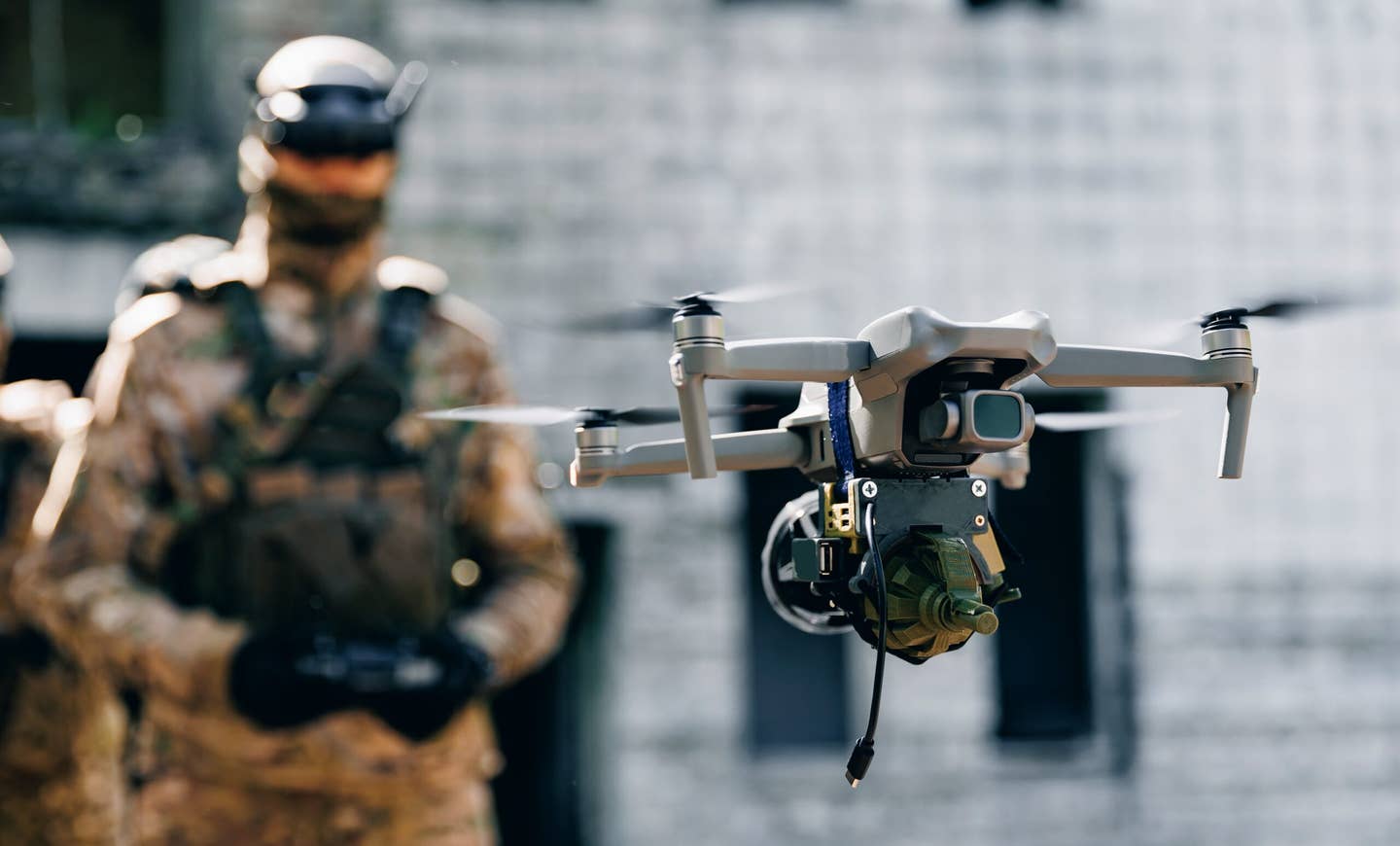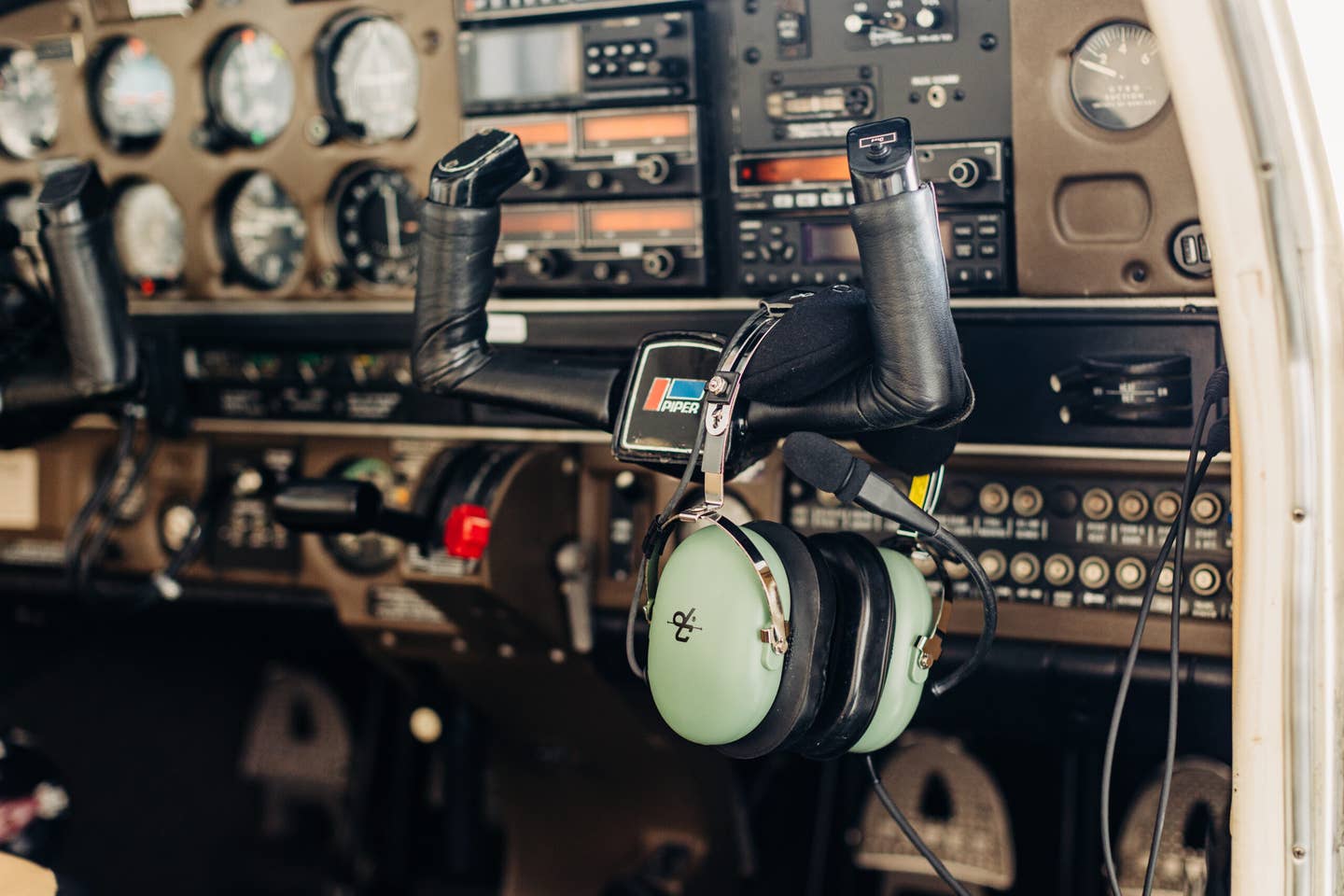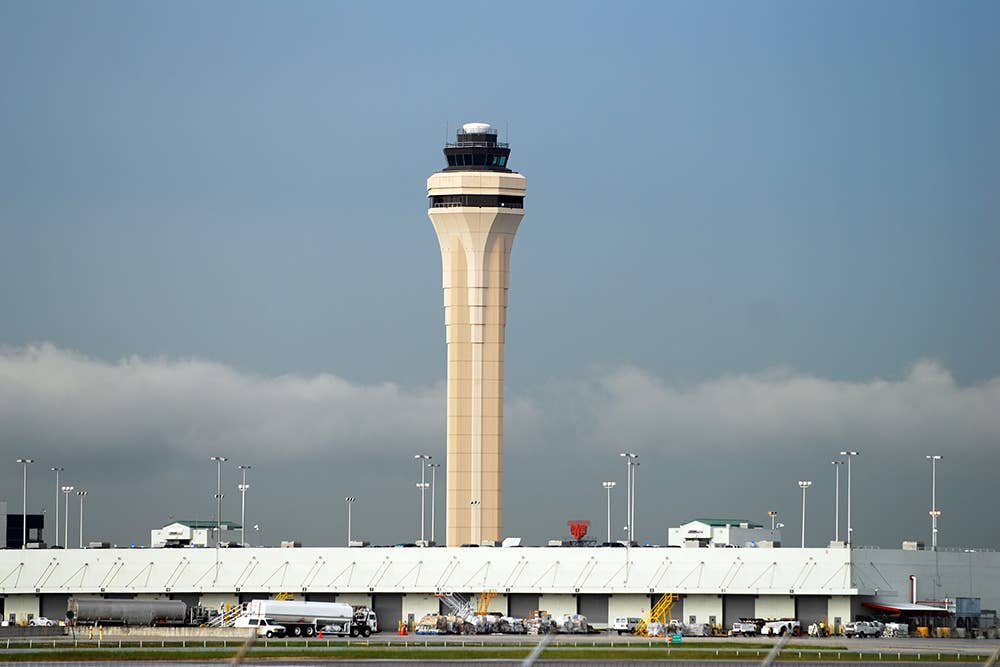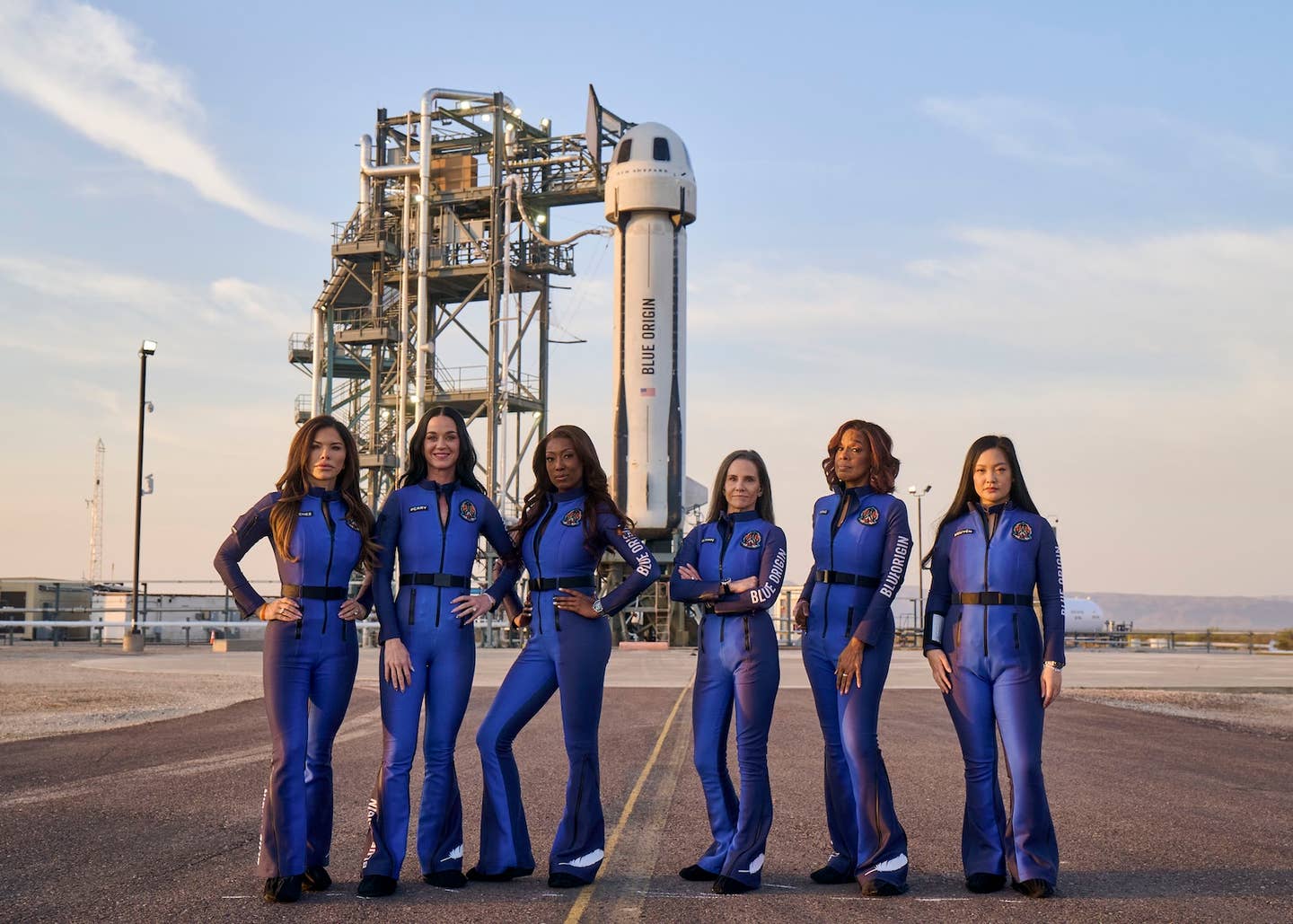Airbus Highlights Efforts to Cut Greenhouse Gases
Company’s annual summit was the setting for unveiling a zero-emission aircraft engine and plans for SAF promotion.
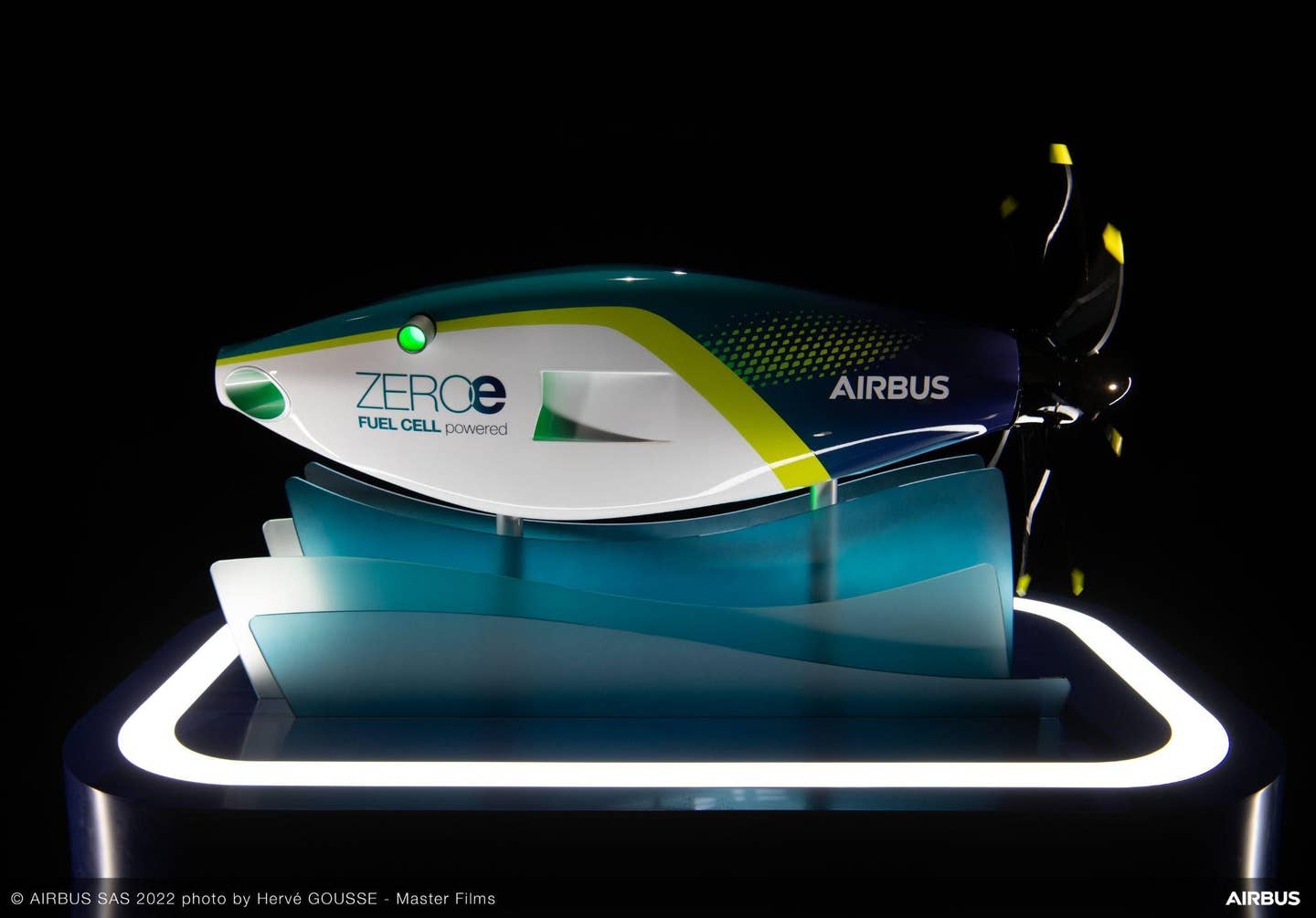
Airbus unveiled this zero-emission hydrogen-powered aircraft engine during its annual summit [Courtesy: Airbus]
Airbus made a number of announcements today regarding its broad move toward reduced emissions and increased sustainability in commercial aviation. Among the most notable are its development of a zero-emission hydrogen fuel cell engine, and a collaboration with fuel producer Neste aimed at speeding the adoption of sustainable aviation fuel, or SAF.
The company revealed these and other plans during its annual Airbus Summit taking place today and tomorrow in Toulouse, France.
Airbus said it will begin ground and flight testing its fuel cell engine on the A380 demonstrator aircraft known as ZEROe “towards the middle of the decade.” The company said the aircraft is being modified so it can carry liquid hydrogen fuel tanks.
“Fuel cells are a potential solution to help us achieve our zero-emission ambition and we are focused on developing and testing this technology to understand if it is feasible and viable for a 2035 entry-into-service of a zero-emission aircraft,” said Glenn Llewellyn, vice president of zero-emission aircraft for Airbus.
Airbus said that with continued development, fuel cell engines could potentially power a 100-passenger aircraft with a range of 1,000 nm. Its current testing will offer options for the design of a future ZEROe aircraft, which Airbus said it plans to launch “in the 2027-2028 timeframe.”
Airbus also said it entered an agreement with Neste aimed at advancing the production and adoption of SAF across the aviation market. The companies said they “share a vision that SAF is a key solution to helping reduce greenhouse gas emissions of air travel. This collaboration aims to accelerate the aviation sector’s transition to SAF.”
Neste and Airbus said the new agreement will allow them to work together to more easily drive production and use of SAF while pursuing business opportunities and new fuel technology. Airbus and Neste said one of their main goals is “investigating how ‘100 percent SAF’ use can be enabled.”
Airbus said all of its aircraft are currently certified to fly with a blend of up to 50 percent SAF. It expects the partnership with Neste to be “instrumental to reaching certification for up to 100 percent SAF before the end of the decade.”
Other activities at the Summit included unveiling Airbus’ DisruptiveLab, a new airborne lab within a helicopter that tests technology for cutting the CO2 emissions of helicopters. The company said the lab will “evaluate a new aerodynamic architecture intended to reduce fuel consumption, as well as pursuing the implementation of hybridization with a fully parallel hybrid propulsion system that enables the battery to be recharged in-flight.”
Airbus said the helicopter demonstrator will begin flying by the end of this year.

Sign-up for newsletters & special offers!
Get the latest FLYING stories & special offers delivered directly to your inbox

